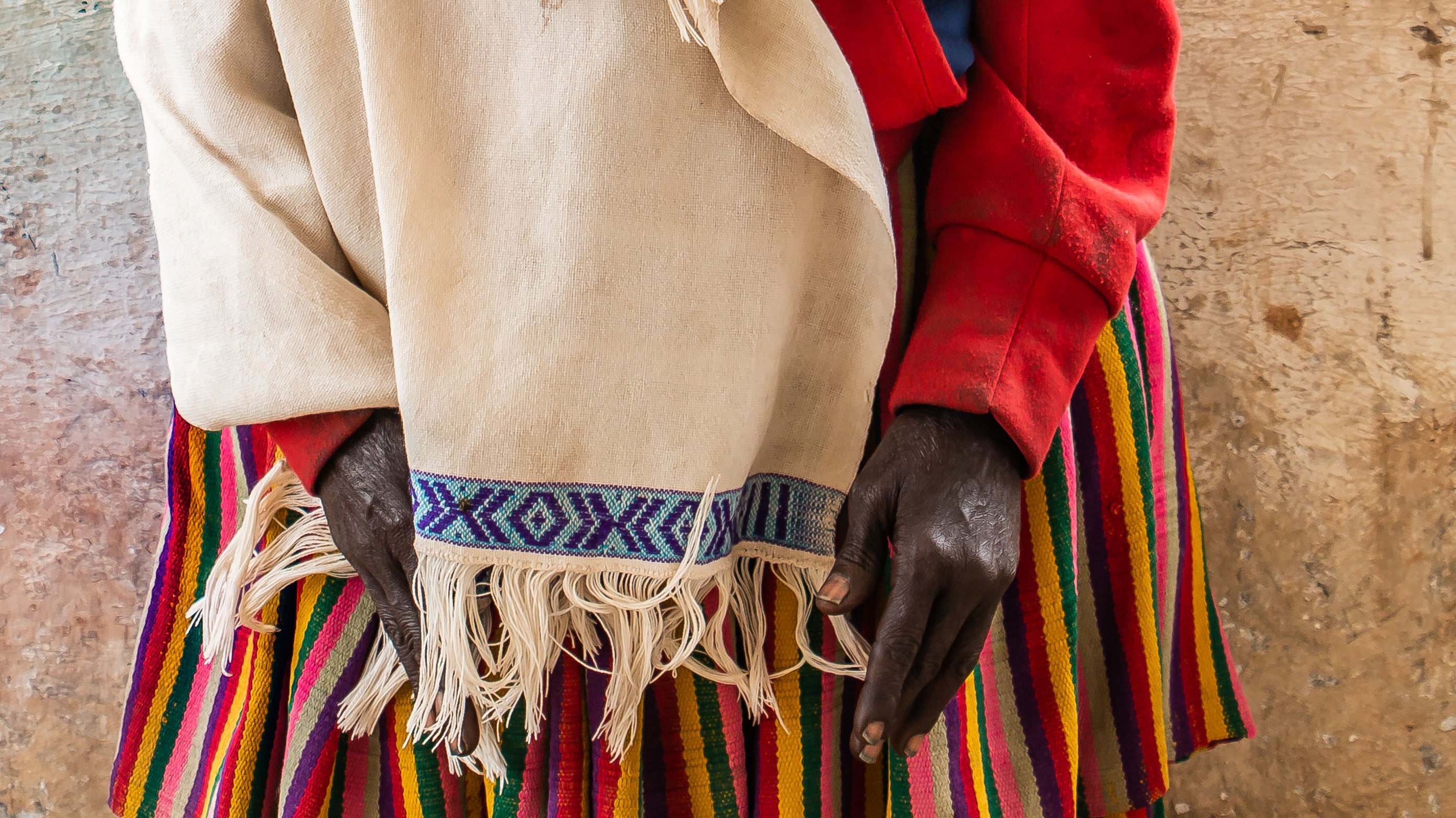KONSO, Ethiopia – “She was made to believe that marrying her rapist was her only hope. She had no choice,” said Mulu* about her cousin, who was forced by their family to marry the man who had raped her in Konso, a town in the Southern Nations, Nationalities and Peoples Region (SNNPR) of Ethiopia.
The world’s eyes are now on the conflict in Tigray, the northernmost region of Ethiopia, but that is just one of several active, ongoing conflicts. In conflict situations, vulnerability to gender-based violence, including sexual violence, is greatly exacerbated.
Rut*, Mulu's cousin, was only 15 when she was raped by an armed assailant at night in the displacement camp where she and her family had sought shelter from communal clashes fueled by territorial claims in the region. Her parents responded as many families do; they sought justice through community leaders who mediated between Rut and the rapist. But according to custom, the rape was not viewed as a violation of Rut’s bodily autonomy but rather as a dishonor perpetrated against her family, and the remedy was not punishment or rehabilitation of the perpetrator, nor compensation to Rut. Instead, in the community’s view, the rapist was obligated to marry Rut to spare her family from shame.
“She doesn’t love him, but if he hadn’t married her, she couldn’t have returned back to live in the community. Her family would not accept her back,” Mulu explained to UNFPA. “She found herself helpless so she agreed to marry him.”
This harmful tradition - known as “marrying your rapist” rule - is practiced in a number of communities in Ethiopia, and indeed around the world. While both rape and forced marriage are crimes under Ethiopian law, they are difficult to prosecute as they are usually settled outside courts of law. In the end, rapists who marry their victims not only escape punishment, they may also benefit from a lowered bride price demanded by the survivor’s family.
“In rural areas, this practice is very much alive. Traditional leaders settle these issues outside the legal framework,” explained Ephraim Karanja, an expert in addressing gender-based violence in Ethiopia.
“If you are raped, your life is worth nothing. Even though you are innocent of wrongdoing, you become unmarriageable,” Mulu said.
“There are many cases. Some girls have gotten pregnant from rape, but they don’t tell anyone or seek help to avoid getting a bad name. In the end, they committed suicide,” she added.
Heightened vulnerabilities during conflict
Conflict heightens the risk of sexual violence, not only because rape may be perpetrated as a weapon of war, but also because protection systems often break down and exposure to violence can increase under displacement.

“My niece and other three girls were raped by several men while they were collecting moringa leaves outside of the camp,” said Mazaa*, whose family is living in the Gato displacement site. The leaves are critical sources of nutrition for those living in the camps, and collecting them is generally seen as a woman’s or girl’s responsibility. “The community tried to find the perpetrators in the forest, not to punish them but to force them to marry the girls. We never found them.”
Women raped rarely speak out or seek services. “Culturally, they are expected to remain silent. It’s not safe to report,” said the head of the Women, Child and Youth office at Alle Special Woreda, in Konso and whose identity is being concealed for protection. Generally, if they do seek services, “it is already late.”
Though conflict creates opportunities for perpetrators, ending armed conflict will not eliminate sexual or gender-based violence. For that, broader societal concerns must be addressed.
“We need to take further steps to change the discriminatory attitudes and stigma that fuel forced marriages of rape survivors to their rapists in the country,” said Mr. Karanja.
“We must promote respect for women and girls’ physical integrity and autonomy, and shift away from the traditional views of families’ ‘honor’ being tied to women’s and girls’ behavior, including maintaining their ‘purity’ before marriage.”
This is especially true in rural areas, “where there is no awareness of the services available,” explained a counsellor in the Alle Special Woreda.
UNFPA is supporting global efforts to recognize, protect and promote bodily autonomy. And in Ethiopia, UNFPA is working with the Ministry of Women, Children and Youth and other partners to operationalize the national costed roadmap to end these harmful practices by 2025 and to enhance service provision through one-stop centres, safe houses and women and girls’ friendly spaces that offer a range of services, including counselling, medical care and access to legal assistance for women and girls at risk of these harmful practices and for those who experience it.
In SNNPR, UNFPA is currently supporting awareness raising and social and behavioral change on gender-based violence and harmful practices through a multi-sectoral approach which brings together actors from all sectors including traditional authorities, faith-based organizations, and women’s groups. Over 4,000 Women Development Groups are working in 246 kebeles to change norms and practices against women and girls, including facilitated-discussion groups in 20 schools across the region.


